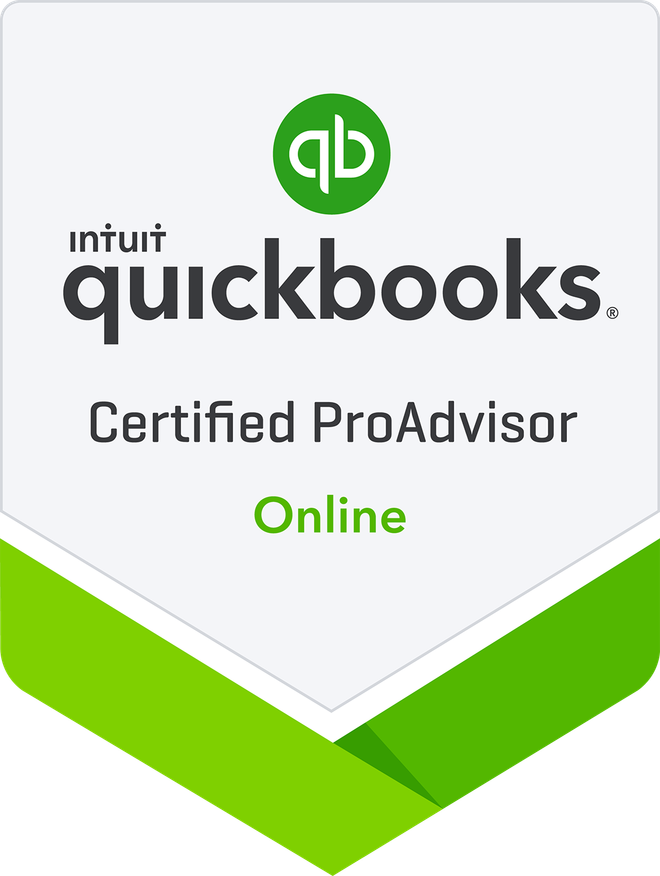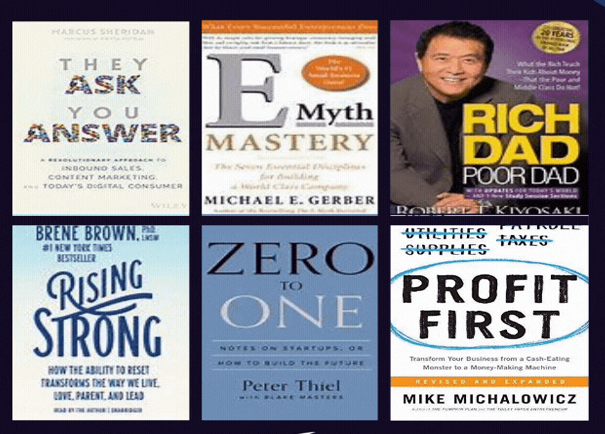
5 questions to ask yourself before fundraising
5 questions to ask yourself before fundraising
Securing an investment round plays a massive role in determining the success of your startup over time. Without capital, startups struggle to keep up with growing market demands and fierce competition.
Yet, fundraising can be a very lengthy and challenging process that leaves many business owners exhausted and confused. It requires intense dedication and careful preparation.
Here are five questions to ask yourself before you start fundraising.
1. Am I raising money too early?
Investment rule 101: don’t raise just to raise or because it sounds cool!
Attracting capital can be a very exciting and competitive task because it helps unlock the potential of startups and accelerate their growth. But that shouldn’t pressure you into hopping on the bandwagon too soon.
According to Dave Bailey, a serial entrepreneur and venture partner, fundraising in the earliest stages of your startup can have negative repercussions for several reasons. Pitching an early-stage idea to investors may lead them to hold onto initial wrong business assumptions and gain all the negotiating powers which will hurt your startup in the future.
With more funds comes hiring more people.
Expanding your team will most likely interfere with the decision making and prevent you from learning and mastering new skills during the idea stage.
Finally, raising funds early on will only start a cycle of dependency on investments to continue competing in the market. So to avoid scaring away investors or attracting the wrong ones, first ensure your startup has the right product, a qualified team, or a stable market starting from the Seed round at least.
In the meantime, bootstrapping – although it’s not all fun times – and getting help from friends and family seems like a more suitable action to take until your startup gets more traction.
2. How much capital do I need to raise?
How about only what you need?
Have you started to grow your business and are now ready to get more funds to take it to another level? Your next step is preparing your business plan, which will include your market research, financial forecasts, and your funding goals. Investors need to know that their money will be appropriately used.
Therefore, you need to identify all the startup expenses required to reach a milestone. These expenses vary depending on the nature of your business, but here is a list of the most common startup costs that you might consider during your calculations:
Equipment: Office space, computers, servers, other technological equipment.
Human resources: Employee recruitment, salaries, training.
Legal fees: Licenses and permits, insurance, lawyer, and accountant.
Marketing: Advertising and marketing, market research, printed marketing materials, website development.
After identifying all costs related to your business operations, estimate their amount, and organize them into one-time and monthly expenses. One-time or initial fees are those required to start a business such as paying for licenses and permits and buying major equipment and are accounted for one time, while the monthly expenses, like rent and salaries, will be calculated on a yearly basis, preferably five years.
You can present your expected startup costs on a formal report and compare them to projected revenue to identify the potential profit of your business for investors.
3. What investors are right for my startup?
There are a lot of different investors in the market looking for businesses with the potential of significant returns. These various sources of funding include family, friends, crowdfunding, angel investors, venture capitalists (VCs), incubators, private equity, accelerators, banks, and commercial institutions. Depending on the maturity of your startup, you need to target qualified investors that are specialized in the specific funding round you’re currently in. Understanding the difference between each investor is crucial to making the right decision. Here is a summary that’ll help you distinguish between Angel investors and VCs, two of the most popular investors for startups:
|
|
Angel Investors |
VCs |
Background |
Wealthy individuals * sigh * (former entrepreneurs) |
A group of professional investors |
Approach |
Invest own money to help startups get off the ground and become profitable |
Invest funds of others (e.g., Institutional investors) in established businesses for higher returns |
Stage of business |
Early-stageSeed round |
Later-stageFrom Series A round onward |
Size of investment |
$25,000 to $500,000 |
$2,000,000 + |
Type of investment |
Equity |
Common EquityPreferred SharesConvertible Notes |
Involvement |
Not involved in the decision-makingNo seat on the board |
Involved in the decision-makingTypically take a seat on the board |
Contribution |
Guidance, Expertise, and Contacts |
Guidance, Expertise, and ContactsScalability |
Length of investment |
2 – 5 years |
At least 10 years |
To learn more about the different investment rounds and types of investors, take a look at our How to fund your startup: the 6 different investment rounds blog post.
Once you have identified your investment round and the relevant type of investors for your startup, create a list of ideal investors, investigate them, and learn more about their motivations to invest. This process will not only help you tailor your list, but also give more information on how to organize your pitch deck and approach investors.
4. What do I need in my pitch deck?
Finding the right startup investor might not be enough to land investment; you now need to perfect your pitch. It’s a presentation given to potential investors to learn more about your company and can be shared via email containing a lot of text and information, or during an in-person meeting or a video call.
In general, a talk track should last about 10 minutes and can be accompanied by no more than a 19 slides presentation. Your pitch deck should be clear and compelling storytelling about your startup’s vision and plans that will catch the investors’ interest and show them that their investment will be valuable.
The essential information you should include in your pitch is problem, solution, market, product, traction, team, competition, financials, plans, and finally, funding requirements.
Oh, and make sure to practice your pitch with your team and advisors as many times as you need until your pitch is on point.
5. Where can I find my investors?
Lastly, comes the final element of preparation that is as essential as all the previous steps, networking. Try reaching out to connections in your network or form new ones that may either give you recommendations and review your documentation or introduce you to potential investors or partners.
Keep in mind that networking is not always about promoting your business relentlessly. You can also receive attention from helping other people that will more likely be willing to help you back.
To make it through this stage, remember to stay patient, motivated, and proactive to find adequate investors for your startup.
Call us now to build your financial model and get advice on what your cash flow will look like within the next year. You will also perfect your pitch deck and grow your network with us!
Salma Hatim
Founder of PROKONECT
Salma’s story began at the University of Houston where she obtained her BBA and Masters in Accountancy. She is a CPA, licensed in the State of Texas with years of experience in a Big Four accounting firm. Her passion for entrepreneurship, technology, and globalization led to the creation of PROKONECT, a tech-based accounting and financial strategy company for ambitious entrepreneurs.



PARTNERSHIPS
LINKS
CONTACT US



